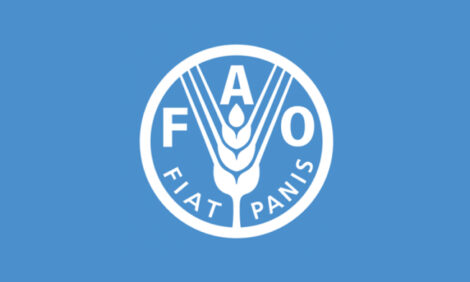



New US legislation will get local farm goods into school food programs
The National Farm to School Network and National Sustainable Agriculture Coalition welcomes the newly-introduced Kids Eat Local Act, which will make it easier for school meal programs to source food from local farmers and producers.A bipartisan group of congressional leaders has taken an important step towards making it easier for schools to source locally grown, locally raised, and locally caught food and farm products for school meals. The Kids Eat Local Act introduced by Senators Sherrod Brown (D-OH) and Susan Collins (R-ME) and Representatives Chellie Pingree (D-ME), Jeff Fortenberry (R-NE), Josh Harder (D-CA) and Alma Adams (D-NC), would help break down barriers between school food purchasers and family farmers and food producers by simplifying local purchasing guidelines for school meal programs.

“Purchasing locally is a natural choice for our public schools, many of which already celebrate local and regional foods through farm to school, school gardens, and other similar programming. The Kids Eat Local Act will help to facilitate connections between schools and local producers by clarifying existing procurement rules and adding ‘locale’ as an allowed product specification,” said Wes King, Senior Policy Specialist with the National Sustainable Agriculture Coalition. “This legislation will be welcome news to farmers across the country, as they work to recover from the pandemic and rebuild markets.”
Although the 2002 Farm Bill included a provision, that was later strengthened in the 2008 Farm Bill, to encourage institutions participating in child nutrition programs to purchase “locally produced foods for school meal programs, to the maximum extent practicable and appropriate,” current law does not allow schools to explicitly require “local” or “regional” as a product specification in a food procurement request. Presently, the primary means by which schools can currently purchase and/or preference locally produced foods is the geographic preference option, through which they can give extra ranking points to vendors using locally procured product. Many school food service providers, however, have found the geographic preference option burdensome and confusing to implement.
“For years, we have heard from our school partners that they are eager and ready to prioritize incorporating more local food in school meals. The Kids Eat Local Act directly addresses schools’ need for greater flexibility to purchase local foods from the farmers right in their own communities,” said Karen Spangler, Policy Director with National Farm to School Network. “This flexibility is especially crucial right now, as schools, farmers and local economies build back from the pandemic. The Kids Eat Local Act is a common-sense change toward ensuring fresh, healthy food for students, providing new market opportunities for farmers, and strengthening local economies.”
By including the Kids Eat Local Act in the next Child Nutrition Act Reauthorization, schools would be given a new, easier to use local product specification option through which they could specify “locally grown,” “locally raised” or “locally caught” in their procurement language, and then make the award to the lowest bidder who can meet that product specification.
The addition of local product specification would substantially improve opportunities for local producers by providing more flexibility for school districts. The Kids Eat Local Act would also allow schools flexibility in determining the definition of “local” that best suits their needs.


